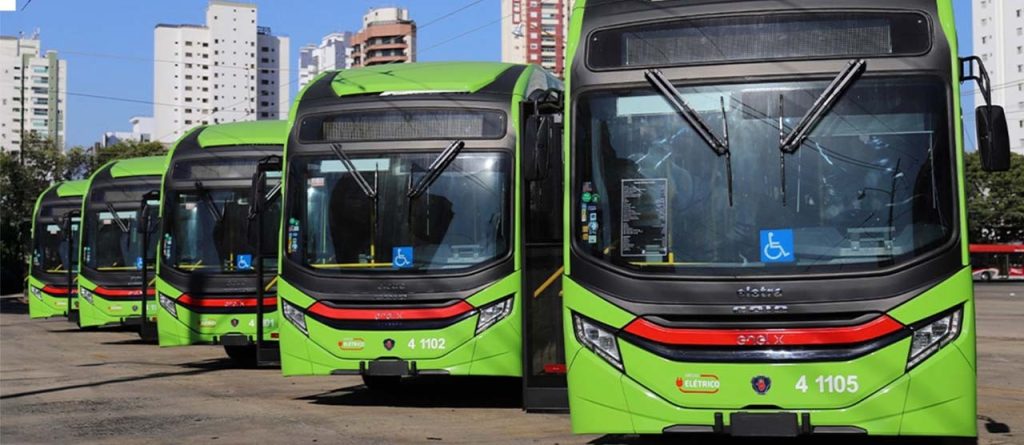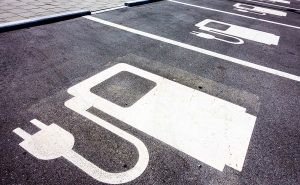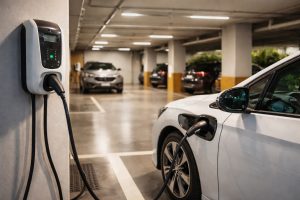
São Paulo to Secure $100 Million for More Electric Buses

São Paulo’s mayor, Ricardo Nunes, is traveling to Asia this week to finalize a $100 million financing deal with the China Development Bank to expand the city’s fleet of electric buses. The announcement was made on April 17 in an exclusive interview with Diário do Transporte.
A financial solution to reduce diesel dependency
The plan includes a 10-year payment structure with lower interest rates than those offered by institutions like the Inter-American Development Bank.
According to Nunes, this model allows the buses to “pay for themselves” during this period due to the operational savings compared to diesel buses.
The city also aims to reduce its reliance on ENEL‘s charging infrastructure by exploring technologies that do not require a direct connection to the medium-voltage grid.
In Chinese cities, for example, electric buses recharge during the day using an intermediate battery system, eliminating the need for a constant power supply.
Read more: U.S. tariffs and mobility in Latin America: Brazil faces risks and opportunities
Biomethane as an energy alternative
During his visit to Asia, Nunes will also explore the use of biomethane — a gas produced from organic waste — as an alternative fuel for buses.
São Paulo is already testing this solution in garbage collection trucks, showing a significant reduction in pollutant emissions.
In Japan, the mayor will meet with officials and business leaders to learn more about electrification technologies, solid waste management, and urban mobility. Visits are planned to monitoring and mobility centers in Tokyo.

Electrification faces major hurdles
Despite a goal of reaching 2,600 electric buses by December 2024, São Paulo currently has only 527 in operation. One of the main issues is ENEL’s slow adaptation of the power grid, which has prevented efficient charging in depots.
Dozens of brand-new electric buses have been out of service since 2022, when the city banned diesel purchases. Operators have struggled to comply with renewal quotas due to an inability to activate the new electric fleet.
New goals: fewer buses, more energy alternatives
The city’s new transportation plan reduces the target number of electric buses to 2,200 by 2028, while also considering alternatives such as CNG and biomethane.
This shift reflects both infrastructure limitations and the need for a diversified energy mix.
Transport analysts, including Diário do Transporte, warn against relying solely on one technology. They recommend also considering Euro 6 diesel engines, which emit 50% to 80% less pollution and could help modernize the fleet in a more pragmatic way.





